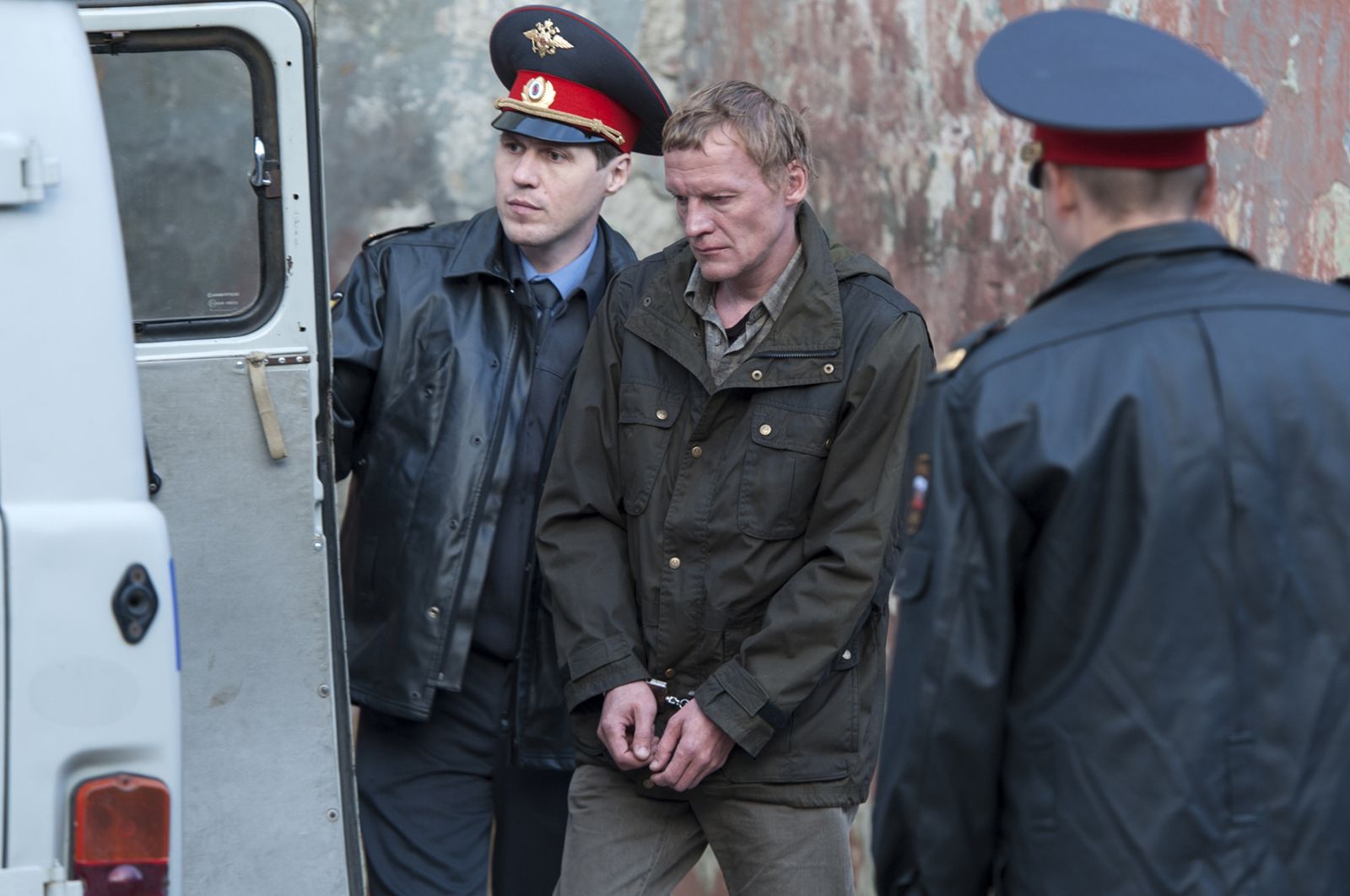Andrey Zvyagintsev

Released in 2014, Leviathan is the fourth feature film from Andrey Zvyagintsev. Before Leviathan, he directed The Return (2003), The Banishment (2007) and Elena (2011).
Andrey Zvyagintsev was born in 1964 in Novosibirsk, Siberia. At the age of 20 in 1984, he graduated from the drama school in Novosibirsk as an actor. Since 1986, he has lived in Moscow, where he continued his studies at the Russian Academy of Theatre Arts until 1990. In the 1990s, he worked as an actor in films and theatre, and directed commercials. During that time, he became seriously interested in cinema while watching movies of Godard, Antonioni, and Bergman in the Moscow Museum of Cinema. In 2000, Andrey began to work for TV and directed three episodes of a television series called The Black Room. In 2003, he directed his first feature film The Return, which received several awards, including a Golden Lion at the Venice Film Festival.
The Return is about a camping trip of two brothers and their father, who suddenly turns up. The plot seems simple; however, Zvyagintsev has no interest in telling the ordinary story. The unfolding conflict between the father and sons is a metaphor of the conflict between the Father, as a central figure of Christian mythology, and his sons – the people. The characters of the brothers depict two possible relationships: one immediately recognizes the father and reverently looks at him, another feels mistrust and doubts that he is their actual father. Simple trip turns out to be a story of searching and finding faith.
Christian mythology, with one of its central storylines, finds its place in The Banishment as well, the second movie directed by Zvyagintsev. The movie tells a story about a domestic conflict between a husband and wife; however, at the same time, the director retells the story of the expulsion of Adam and Eve from Paradise. The movie is filled with Christian symbols and may be seen as the search for the meaning of faith. The Banishment was coldly received by critics and the public, which may have caused changes in Zvyagintsev’s cinematic worldview.
The third feature film directed by Zvyagintsev is Elena, a social drama, which addresses the eternal conflict between the rich and the poor. At the same time, Zvyagintsev is interested in moral contradictions of the main character: her motivations and actions. Elena marked the transition from mythology and religious allusions to contemporary life, which Zvyagintsev completed with his latest movie Leviathan.
For discussion
-
Are you familiar with Zvyagintsev previous movies? Did you see them? Do you know something about Zvyagintsev and his style?
-
What in your opinion caused changes in Zvyagintsev’s style?
- Why, do you think, Leviathan is devoid of the traditional allusions to Christian mythology?





